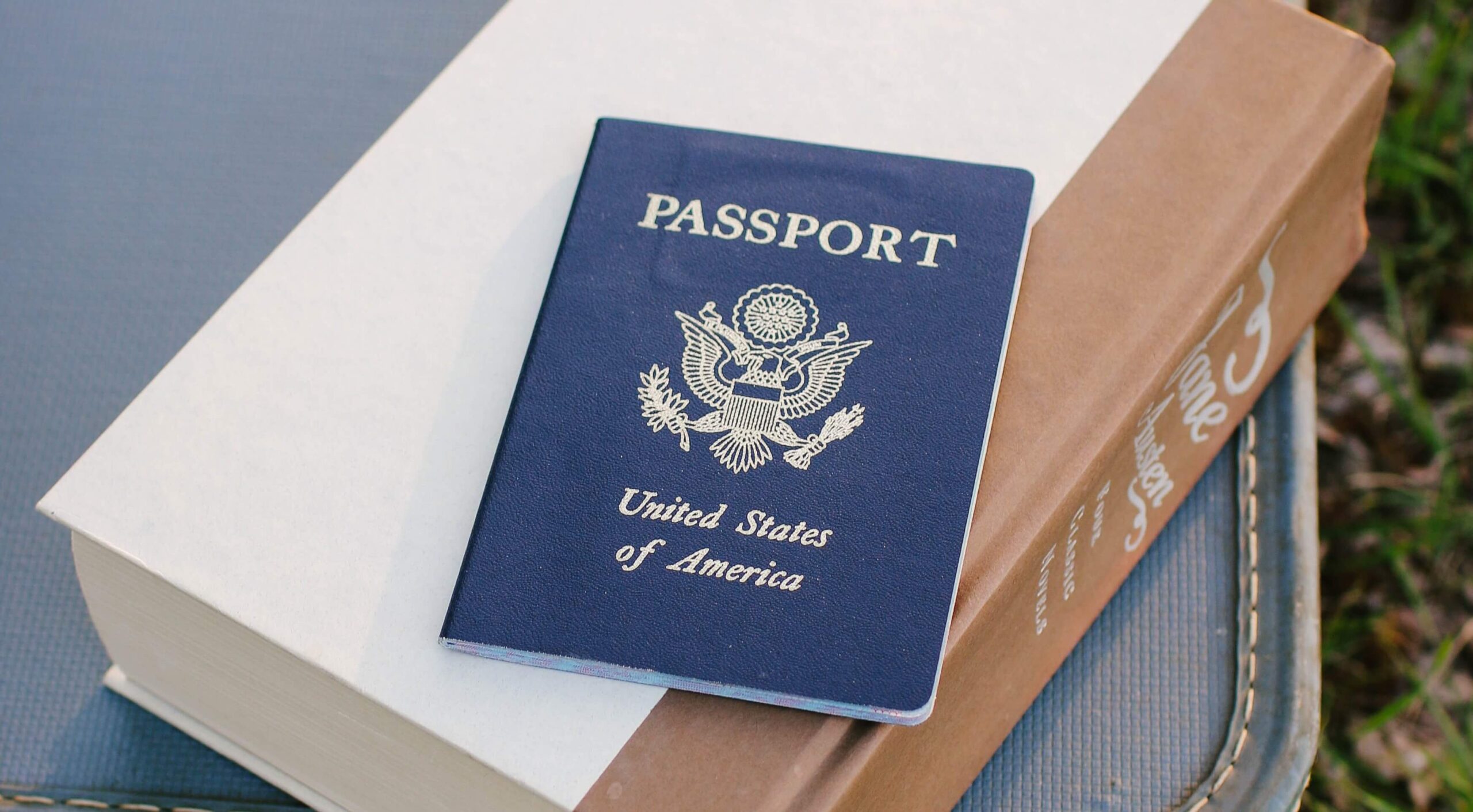When applying for government benefits (including bringing foreign relatives to the U.S.), establishing Proof of Citizenship is a requirement for eligibility. There are few different types of documents that can be used to prove citizenship depending on how you obtained your citizenship.
If you are a citizen born in the United States
Your primary documents as proof of citizenship are:
- Birth certificate issued by the U.S. state that you were born. You can always request a certified copy from the Bureau of Vital Statistics in the state which you were born.
- U.S. passport issued by the U.S. Department of State.
If you are a citizen born outside of the United States
The law has changed over the years relating to citizenship for children born outside of the U.S.. It depends on the law in effect when you were born or if your record has been registered in the U.S. Embassy or consulate, your primary documents as proof of citizenship are:
- Certificate of Citizenship issued by USCIS for person born outside of the U.S. who acquired or derived U.S. citizenship from at least one U.S. citizen parent.
- Consular Report of Birth Abroad (CRBA) issued by the Department of State.
- U.S. passport. A child born abroad to a U.S citizen parent or parents are eligible to apply for a U.S. passport at the same time when applying for a CRBA.
If you are a naturalized citizen or derivative citizen.
Your primary documents as proof of citizenship are:
- Naturalization Certificate
- Certificate of citizenship
- U.S. passport
